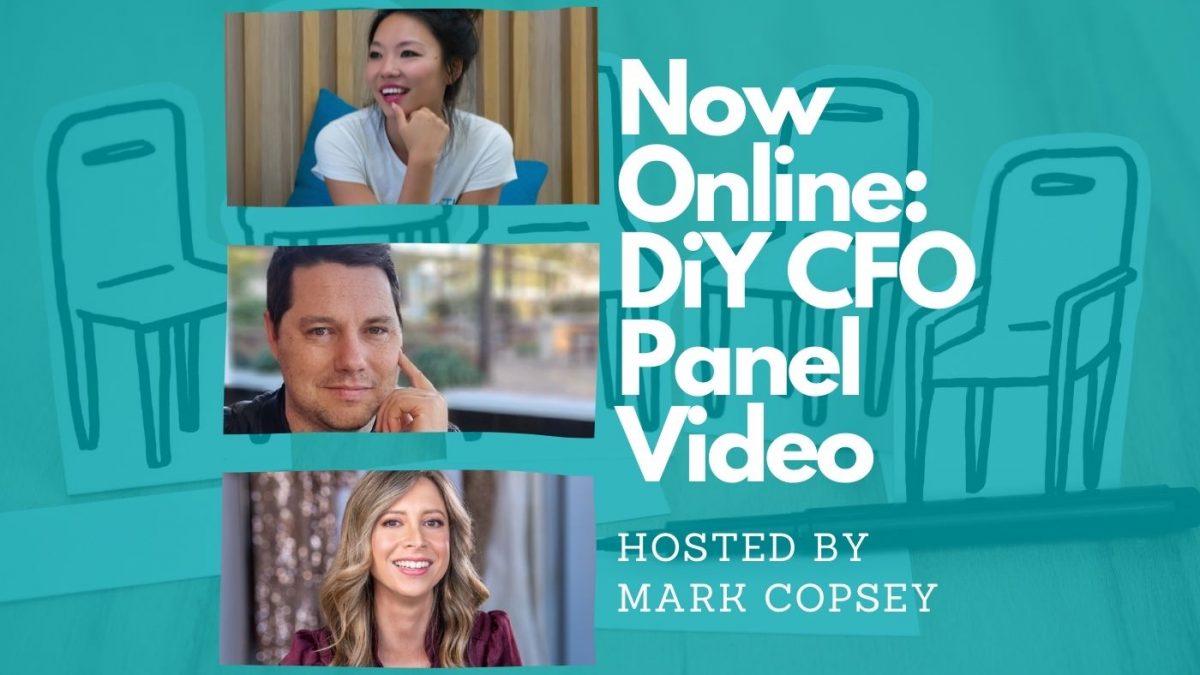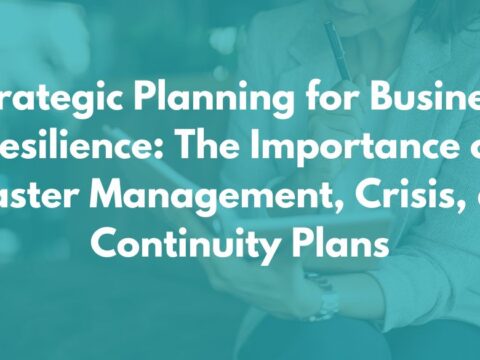Online panel video: Thinking like a bigger business with 3 inspiring guest founders
In October Mark Copsey had the opportunity to interview three brilliant young founders of up-and-coming Aussie technology companies:
- Share with Oscar, a car space sharing marketplace represented by Lisa Qi, cofounder
- High Earth Orbit Robotics, a world-first satellite inspection service represented by Dr William Crowe, cofounder
- Dress for a Night, a designer dress rental platform (and boutique) represented by Roxy Lehmann, founder
A big thank you to our guest panellists for their time, honest stories and insights!
Here’s the video for anyone who missed out on the live event:
Some discussion highlights:
Mark: How did you initially go about creating forecasting budgets?
William: It’s a blind spot for the majority of people without a background in accounting or finance, and because we had this blind spot we were open to the tools and information out there. We took budgets that had been created by people with actual accounting expertise and who had created businesses before, and really used that to model what we were doing going forward.
Lisa: I did have a grasp of financial concepts, looking at different financial modelling, budgets and forecasts, but when you’re starting from scratch with your own business it’s a completely different ballgame… We now look at budgets and forecasts very closely for the next 12-24 months, and review that basically every month to make sure we are tracking well.
Mark: Why do you think you didn’t receive accounting advice upfront?
Lisa: We were focused on building the product and getting our first customers, and put the accounting advice to the side without actioning it simply because we didn’t have the capacity. I wish someone had sat me down and expressed how important accounting was and to get onto it straight away.
Roxy: I was used to managing budgets in corporate and working towards those, but when it’s your own business and you’re not given a budget, it’s easy to spend. In the first year of having a retail store we had quite high overheads. I learnt about seasonality the hard way that year, as at times we had people lining up outside the door and money in the bank, and within the next month I had spent all of the business capital I had, as it was one of our quietest months. I realised it was important to plan forward and have a buffer in the bank.
Mark: What were some of the early metrics you looked at in your business? Has that now changed?
Roxy: We look at revenue and revenue growth, but also how profitable a product is. We realised only about 30% of our dresses bring us our main revenue, and use this to determine future buying behaviour, so that we buy items that will be future revenue drivers.
William: It’s tough for our business because we’re literally the first company in the world offering this service, so it’s hard to know what the levers are. Things change rapidly, especially with what investors think matters, in comparison to now showing them real images of space objects, sometimes their own space objects. I expect things to change even more as they start realising more value from what we’re doing with them.
Mark: When did you recognise you were taking on too much and started to get external help?
Roxy: When starting a small business, you either have time or money, and I had lots of time, so I just did everything myself. I was working all day and night as well as weekends, and I realised I needed to outsource certain things. I outsourced things I didn’t like, but luckily I knew what they were so I could keep an eye on them.
Mark: How did you get off the ground with sources of finance?
Lisa: There’s a whole bunch of grants available, and I wish we had applied for more, because we missed the boat on some of them based on where we were as a business by the time we heard about them. Grant money is great non-diluted capital. We also claim R&D tax incentives through our accountant.
Roxy: Having rentals is a great business model because it only needs a low amount of cash to get started, and rental items have near unlimited earning potential because the item can be rented time and time again. We didn’t need much capital to get started, and we slowly grew from there.
William: We started with money from customers, doing really random things, like launching high-altitude balloons for Spaceship. As time went on, we applied for the MVP grant, and now my dad has some equity in the company… Thankfully, our customers have deep pockets and we kept getting bigger contracts with them.
Mark: How do you go about pricing?
Roxy: There are definitely different strategies, and one of my early business mentors always said to me, “you offer a premium service, you don’t want to be low-priced”… So for us, we looked at COGS, what our margins were, and what we needed, because we have quite high overheads with a physical store, staffing, and also being a premium service.
William: Some of our clients are government and defence, and I’ve been told that as a salesperson in the space industry, your goal is to find out what their budget is, so that your contract magically looks like their budget. We have commercial customers as well, and that’s incredibly hard because we are the first service available…
Lisa: For us, our commission model is a flat 20% from every transaction, and when we launched with that, that was taking a market average in terms of what different marketplaces clip. In 2018 when we were looking at this, Uber and Airbnb’s clip was about the 20-25% mark, and so that’s how we started off with our commission pricing.
Mark: What advice do you have for a new start up, and anyone that is a part time founder?
William: Your goal is to reduce your personal stress and risk, and the way to do that is to ensure that you have a stable income that can at least meet your basic needs. Find out what that is, and if you need to take a part time job to support yourself, then do that because it’s not worth the stress otherwise.
Lisa: Having a plan in place of what you need to achieve to switch it on to full time, and trying to get to that goal as quickly as possible.
Roxy: Do the things that you enjoy, especially in those first days you do everything yourself and it becomes really hard and stressful, so start outsourcing things that you don’t like early on.
Once again a big thank you to Lisa, William and Roxy for joining us and sharing so openly!
IMPORTANT NOTICE
This document contains general information only. Allworths cannot guarantee the accuracy, completeness or timeliness of the information contained herein. By making this information available to you, we are not providing professional advice or recommendations. Allworths will not be held liable for any loss or damage arising from reliance on this document, including but not limited to any loss of profit, revenue, reputation, or any consequential losses. Before acting on any of the information contained in this document, you should seek professional advice.




